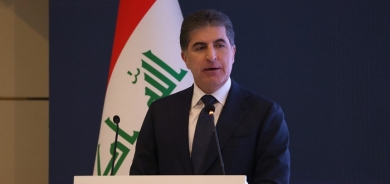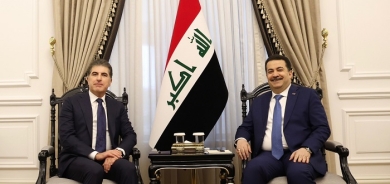Iraq Repatriates Final Batch of Citizens from Syria via Turkey

The Iraqi government announced on Sunday the return of nearly 100 nationals who had fled to Syria during the Islamic State (ISIS) conflict. The Ministry of Migration and Displacement confirmed that a total of 96 individuals were repatriated through Turkey’s Ibrahim Khalil border crossing, which connects Duhok province in the Kurdistan Region to Sirnak province in Turkey.
"The Ministry has received a new group of voluntarily returning Iraqis, totaling 96 citizens. These individuals returned from areas including Tal Abyad [Gire Spi], Ras al-Ain [Sare Kani], Idlib, and Azaz on the Syrian-Turkish border to their homeland," the ministry said in a statement.
This marks the second repatriation operation within a week, following the return of 126 Iraqis from the same regions on Thursday. The ministry indicated that Sunday’s group is the final batch of returning citizens from Syria this year, brought back through Turkish territory.
The decision to use Turkey’s Ibrahim Khalil crossing, instead of the al-Qaim border crossing with Syria, remains unclear. The al-Qaim crossing has been largely closed since the collapse of Syrian President Bashar al-Assad's regime earlier this month, except for limited instances of humanitarian aid or military movements.
Safaa Hussein Ahmed, a director at the ministry, stated, "This is the final group of returning Iraqis from Syria this year, through Turkish territory via the Ibrahim Khalil border crossing."
The ministry has urged Iraqi citizens in Syria who wish to return to register with the Iraqi Embassy, a policy enacted following the collapse of Assad’s government.
Millions of Iraqis were displaced during ISIS's occupation of northern and central Iraq in 2014. The terror group’s so-called caliphate was dismantled in 2017 through coordinated efforts by Iraqi and Kurdish forces, supported by the US-led coalition.
The repatriation underscores the Iraqi government’s ongoing efforts to reintegrate displaced citizens and address the lingering effects of the ISIS conflict.












